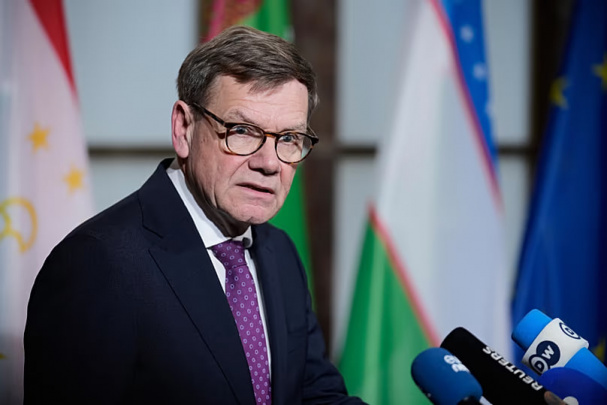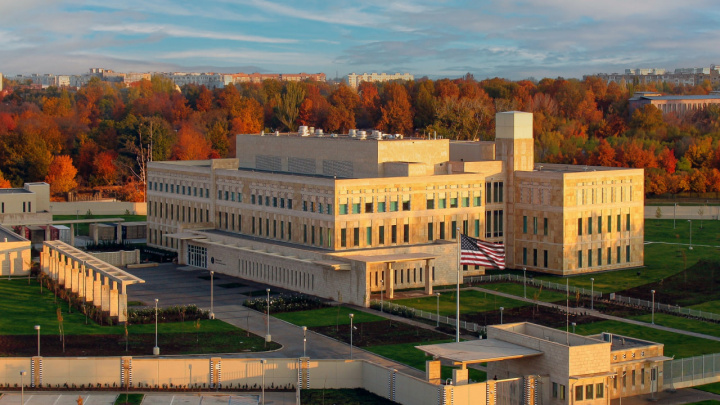EU Delegation representative clarifies common missteps in Schengen visa applications
The Deputy Head of the European Union's Delegation in Uzbekistan, Mindaugas Kacerauskas, provided insights in an interview with Kun.uz on the most common reasons for rejecting Schengen visa applications. According to him, there is no such thing as "easier" or "harder" Schengen zone countries when applying for a visa, as all consulates operate based on the same rules.
The European Commission has released statistical data on Schengen visas. In 2023, citizens of Uzbekistan submitted 46,503 visa applications, of which 38,333 were granted, and 16.5 percent received a negative response.
Kun.uz brought this topic to the attention of Mindaugas Kacerauskas, Deputy Head of the EU Delegation in Uzbekistan and Chair of the Local Schengen Cooperation.
According to the EU official, the number of applications for Schengen visas in Uzbekistan is on the rise, having already reached pre-pandemic levels. The primary reason for rejections is the applicants' failure to provide complete documentation, submission of false information, or applying to the wrong embassy.
Rejection rates are lower in Kazakhstan compared to Uzbekistan, but Uzbekistan's "results" are better than the other three Central Asian republics.
In response to a question about which factors are more thoroughly analyzed in visa decision-making, Kacerauskas emphasized that each application is treated individually. However, the principles of issuing visas are standard and are specified in the Schengen Visa Code. Additionally, the documents submitted to the union and embassies of Schengen zone countries are similar. Analyzing the reasons for rejections by country is meaningless because the causes lie in the inadequacy, insufficiency of documents, or existing prohibitions.
"For instance, does the applicant have no restrictions in the Schengen Information System? Do they pose a threat to the public order, internal security, health, or the international relations of the member states? These factors are studied individually. Another important factor is having sufficient living conditions and means. This is very crucial," says Kacerauskas.
While discussing other reasons for rejections, our speaker also mentioned cases of applicants failing to provide information about where they intend to stay in the Schengen zone or applying to the wrong embassy for a visa.
"For example, you are traveling to one country, but you apply to the embassy or visa-issuing organization of a different Schengen zone country. Of course, this is incorrect. You must apply to the embassy of the specific country you are traveling to. Another issue is the provision of incorrect or false information. If the return of short-term visa applicants is under question, they will also receive a negative response. There are other reasons, but these are the main ones," says Mindaugas Kacerauskas.
For the record, last year more than 10.3 million people applied for Schengen visas worldwide. This figure is 37 percent higher compared to 2022.
Related News

12:11
Germany urges Central Asian states to comply with Russia sanctions

15:23 / 11.02.2026
Visa-Free China: Entry rules for citizens of Uzbekistan in 2026

15:41 / 29.01.2026
U.S. Embassy confirms temporary suspension of immigrant visas for Uzbek citizens

10:21 / 28.01.2026




